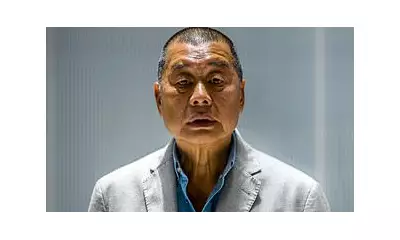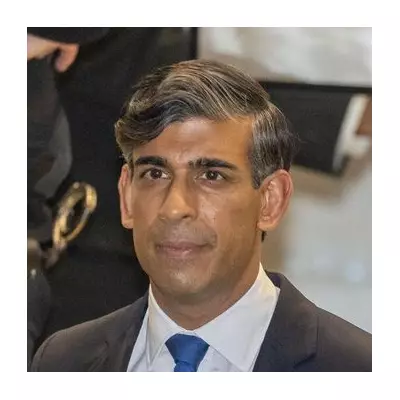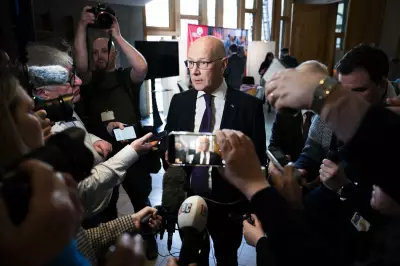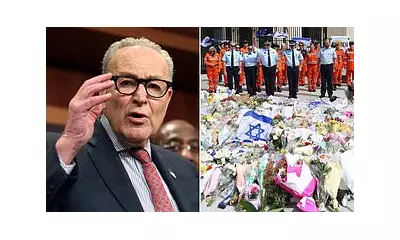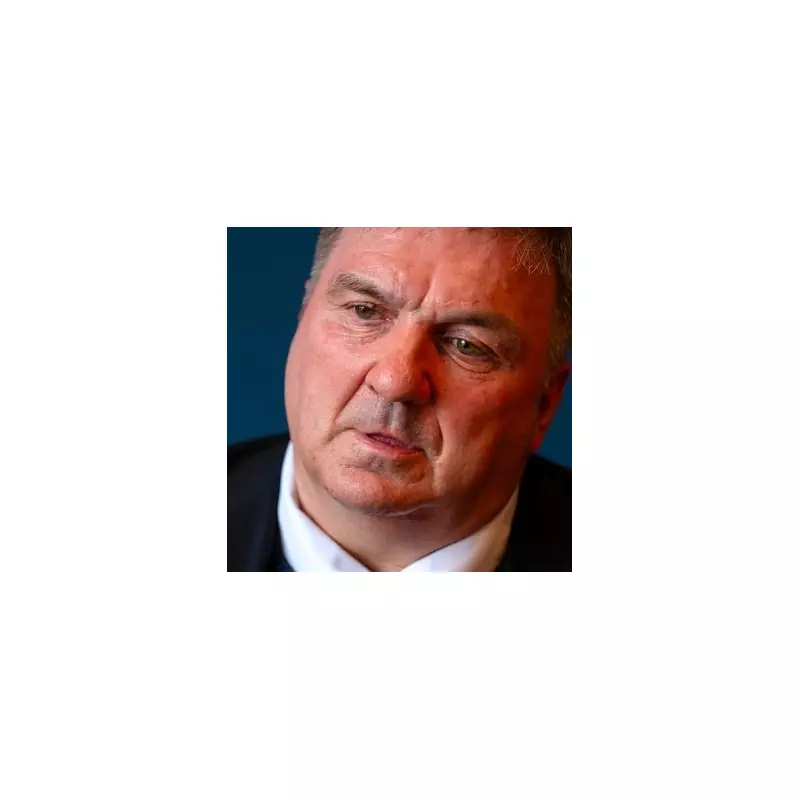
The shadow of a wrongful conviction still looms over Barry George more than two decades after he was cleared of murdering beloved BBC presenter Jill Dando. Despite spending eight years behind bars for a crime he didn't commit, the 63-year-old continues his battle for proper compensation, claiming the system has failed him yet again.
A Life Shattered by Miscarriage of Justice
In one of Britain's most notorious wrongful conviction cases, Barry George was found guilty of murdering Crimewatch presenter Jill Dando in 2001. The television personality was shot dead on her doorstep in Fulham, west London, in April 1999, in a killing that shocked the nation.
George always maintained his innocence throughout his trial and subsequent imprisonment. His conviction was eventually quashed by the Court of Appeal in 2007, and he was acquitted following a retrial in 2008.
The Ongoing Fight for Justice
Now, George reveals he received only a fraction of the compensation he believes he's owed for his lost years. "I got about £40,000 for each year I spent in prison," he stated, acknowledging that while some payment was made, it fails to account for the profound impact on his life.
The compensation process for miscarriage of justice victims has long been criticised for its inadequacy in addressing the true cost of wrongful imprisonment. George's case highlights the ongoing struggle faced by those exonerated after years behind bars.
Living with the Aftermath
Now in his sixties, George reflects on how the wrongful conviction continues to affect his life. The notoriety of the case and the years spent fighting to clear his name have left lasting scars that compensation alone cannot heal.
His experience raises important questions about how Britain supports those wrongfully convicted and whether the current system provides adequate redress for lives irrevocably changed by judicial error.
A Case That Changed British Legal History
The Jill Dando murder investigation remains one of the most high-profile cases in British criminal history. The subsequent wrongful conviction of Barry George prompted serious questions about police investigation methods and forensic evidence standards.
As George continues to rebuild his life, his story serves as a powerful reminder of the human cost when the justice system fails, and the long road to recovery that follows even after exoneration.


